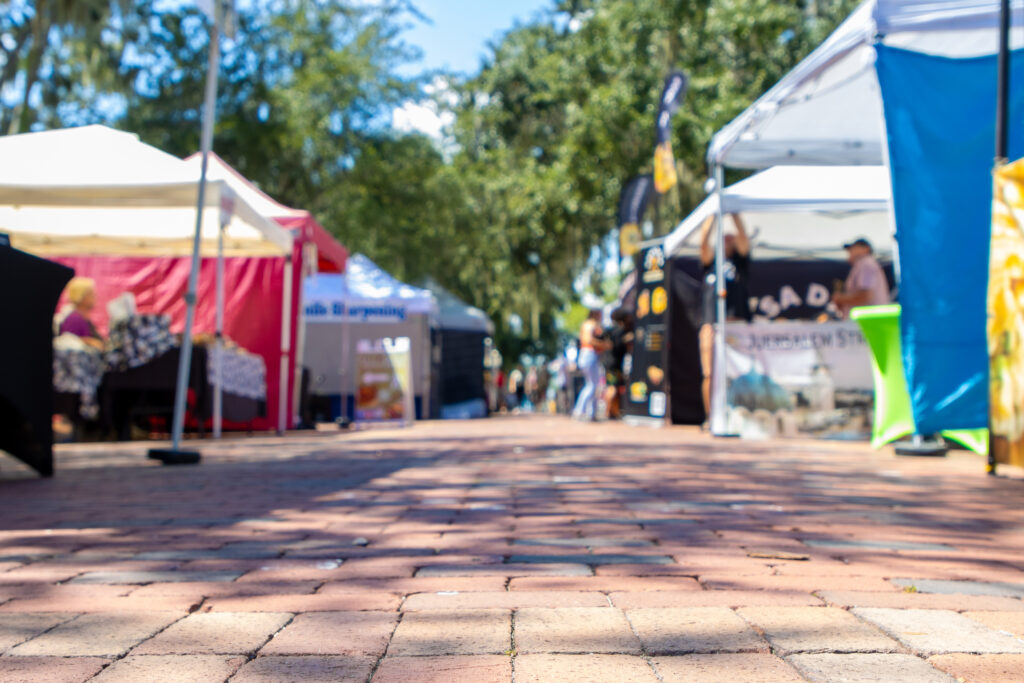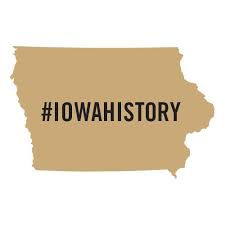A Closer Look: Paul Thelen
Co-director, the Larned A. Waterman Nonprofit Resource Center, University of Iowa

JOE GARDYASZ Dec 12, 2017 | 5:31 pm
6 min read time
1,316 wordsArts and Culture, Business Record InsiderAbout 75 percent of nonprofits in Iowa generate less than $100,000 in annual revenues. Though many nonprofits are small, they have an outsized impact on the communities they serve, says Paul Thelen, co-director of the Larned A. Waterman Iowa Nonprofit Resource Center in Iowa City. Beginning Oct. 1, Thelen began working two days each week from UI’s Des Moines Higher Education Center at the former AIB College of Business campus. “As the nonprofit sector has matured in the state, what we’re finding is that as they’re building capacity they need more depth of services, they need more strategic planning,” said Thelen, who joined the center as assistant director in 2015. Before joining UI, Thelen was a research fellow at Northwestern University in Chicago, where he earned a doctorate in multi-/interdisciplinary studies. He also has a law degree from the UI College of Law. A sixth-generation Iowan and the youngest of 10 children, Thelen grew up on a farm outside of Vail, Iowa.
What sparked the idea for opening a Des Moines office?
Anna Nalean, (director of nonprofit relations) with the Community Foundation of Greater Des Moines, had asked us to put on a workshop this past summer in Des Moines. I looked into having it here at the Des Moines Higher Education Center because it’s already a University of Iowa asset. … So we thought this could be a way to start providing a bit more depth of services like we were already providing in eastern Iowa because of our proximity. And Des Moines is a natural hub for people that might be more difficult to get to.
What were the advantages of this campus?
The costs of entry for us were incredibly low. Everything was already here as a University of Iowa-operated center. I’m always looking for those advantages because I ask the nonprofits to look for those advantages. Even the costs of driving are mitigated because I was already driving through much of the state. And I have a wonderful friend-and-family network, so there are no costs for me to stay at a hotel, which is great. We’re already seeing (the value) with the strategic planning services that we provide. We announced this (Des Moines location) in early September; every weekend since then I’ve been doing a strategic planning session, and not just in Des Moines.
Do you envision there will be new services or
programs starting?
We expanded the workshops a lot when I joined in 2015. We now serve over 1,000 people directly one-on-one with workshops each year. We have our big nonprofit summit coming up (it was held in late October) in Des Moines. We’ll do that consistently, and we’ll do that across the state as we have before. We’re also developing a better online presence. We’re putting significant resources toward a better online platform because I think that’s probably going to be the best way to reach people through workshop-type presentations. Other state centers like Minnesota are doing it really well.
What’s the added value you’ll be providing?
You don’t go from one level to an exceptional level without there being some steps along the way. That’s what we think we’ll be able to provide more meaningfully. My schedule right now is those people who might have contacted us with a problem, but now we can sit here and really talk about how they see their organizations and how can they get their board thinking strategically. … There are a lot of different ways to deliver (nonprofit) services in a given area.
Do you see the center adding personnel in the next couple of years?
Especially in this venue, being successful doesn’t necessarily generate the resources needed to expand. We’re not immune to the budget cuts that have happened in the state. Those are significant and they impact our center. We had half our budget reduced next year; that’s a big deal. What does that mean for us? We refuse to provide poor service; we’re going to do better. We’re always trying to use technology and advances that reduce costs. We would love to see expansions if we could do it with sustainable resources. But there’s more work than I can currently do. There’s no way we can serve the need that’s out there, even with great partners like the community foundations and county foundations. So we’ll see.
What has been the response so far to being accessible from Des Moines?
The immediate response is that there’s a great need for this. We’re filling a space that wasn’t necessarily being fully serviced before, and we’re doing it in a way that allows us to create some resources … and we see ourselves giving back way more value than the cost.
Do you still pursue any of your fine arts passions?
I toured after college; I did one theater tour — it was with the professional wing of the Omaha Community Playhouse, which is the largest playhouse in the country. They have a Nebraska Theatre Caravan that still goes around. … We did 20-some cities. That taught me that’s not what I want to do, but it was great. I applied to law school that exact same time. I was always that person who tried to do everything.
Do you also teach?
When I took on this role at the University of Iowa, I also took on a teaching role. When I’m not directly doing this, I’m also preparing to teach courses. I teach a series of nonprofit courses. One of the selling points of the course always was we’ll bring in some really exciting speakers.
I’m lucky — I have a really great network of friends in the nonprofit sector, and I co-teach with Josey Bathke, who is also the chief risk officer at the university, so we have a great network. So we’re bringing in these speakers who are just incredible.
Do you have hobbies?
I don’t; I really work a lot. I love my students. I think students should demand more at universities and really get their money’s worth. Ask a lot of questions, go to office hours, email your professor, call them on the phone. Really demand more, and you’ll get more. I don’t know what that’s not true for. I try to be really responsive. I remember getting papers back when I was a student, and there’s a difference getting meaningful responses back to something you’ve spent time writing, and just getting unhelpful, generic responses to a paper. So I take that really seriously.
Do you have a favorite book?
“How to Win Friends and Influence People” has a lot of great aphorisms about what I think is true. Shakespeare is a great set of plays to read if you want to understand a lot of leadership situations. Part of why I love the theater so much is that people develop a heightened sense of others and seeing the world from another person’s perspective. Once you can do that and understand what motivates people, then it becomes a lot easier for me to lead because I’ve answered a lot of questions about who this person is.
What’s a top leadership lesson you pass along?
Leadership is something that’s practiced, and it’s purposefully practiced. Many times people think, ‘That person is just a good leader.’ There’s a bit of truth to that. But great leadership is always done on purpose, and it’s always being practiced. I’m giving a talk at the Iowa CPAs next week (this interview took place before that talk), and it’s one of the things I’m going to talk about. The people who seem to be doing the best all the time, it’s not just happening. There’s preparation that’s going on. They see a potential in something and they’re preparing themselves so that when an opportunity comes, they can take full advantage of it. That typically means you’ve asked a lot of good questions.








